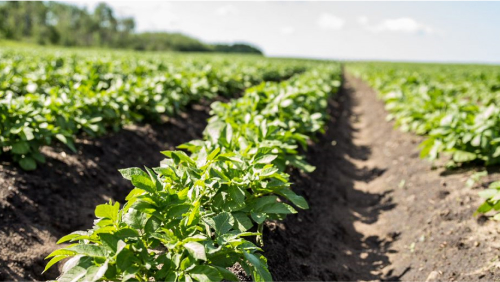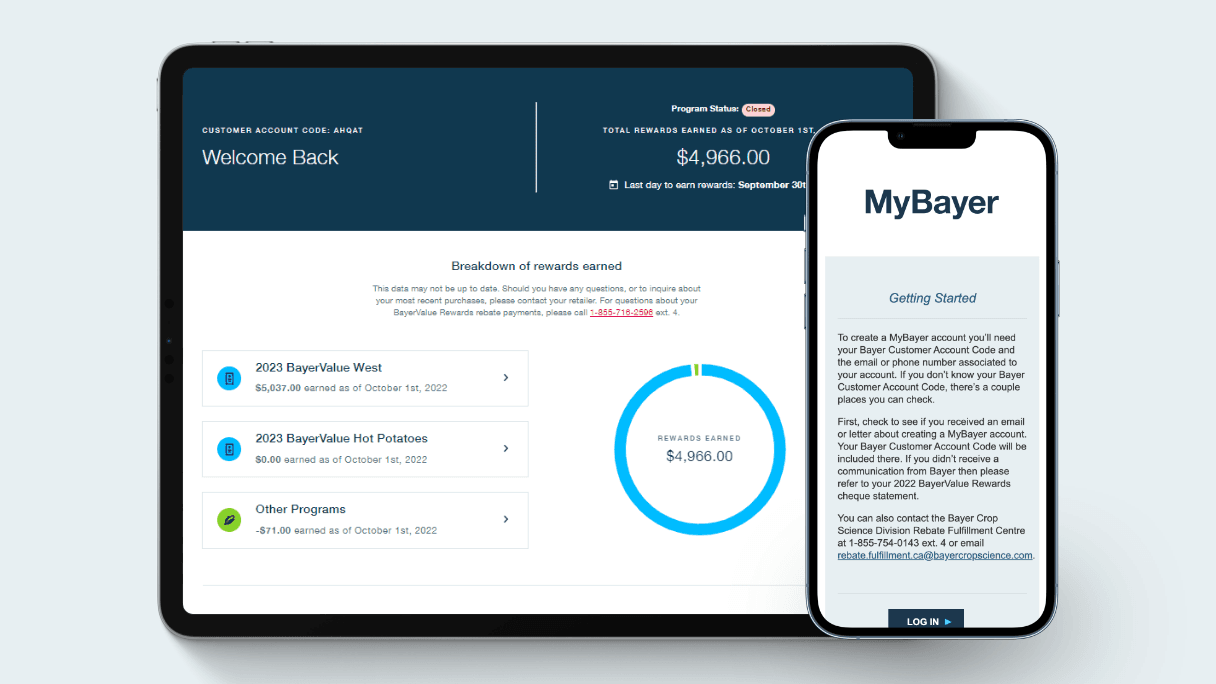Velum Rise
title-product-highlights
Delivers excellent control of soil-borne black scurf, and stem and stolon canker caused by Rhizoctonia solani
Delivers the added benefit of suppression of black dot*, early blight and white mould
Broad-spectrum nematocidal activity that suppresses plant pathogenic nematodes* including root lesion, root knot and potato cyst nematodes
product-details-heading
| crops | groups-active-ingredients | formulation-type | packaging |
|---|---|---|---|
Potatoes | 7 Fluopyram | Suspension | 8.1 L jugs (2 jugs/case) 1 L/ha (404 mL/ac.); OR 9 mL/100 m of row (based on 90 cm row spacing) 1 jug = 20 ac. |
| crops |
|---|
Potatoes |
| groups-active-ingredients |
|---|
7 Fluopyram |
| formulation-type |
|---|
Suspension |
| packaging |
|---|
8.1 L jugs (2 jugs/case) 1 L/ha (404 mL/ac.); OR 9 mL/100 m of row (based on 90 cm row spacing) 1 jug = 20 ac. |
| diseases-controlled | diseases-suppressed | nematodes-suppressed |
|---|---|---|
Soil-borne black scurf Stem and stolon canker caused by Rhizoctonia solani | Black dot Early blight White mould | Potato cyst nematodes (Including Pale cyst and Golden nematode) Root knot nematodes Root lesion nematodes |
| diseases-controlled |
|---|
Soil-borne black scurf Stem and stolon canker caused by Rhizoctonia solani |
| diseases-suppressed |
|---|
Black dot Early blight White mould |
| nematodes-suppressed |
|---|
Potato cyst nematodes (Including Pale cyst and Golden nematode) Root knot nematodes Root lesion nematodes |
Performance Data
title-use-mixing


